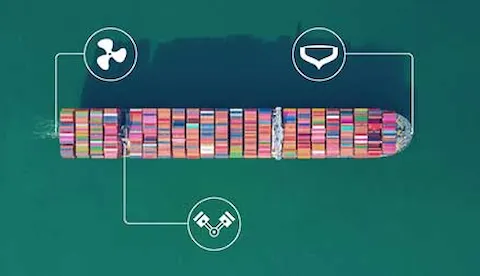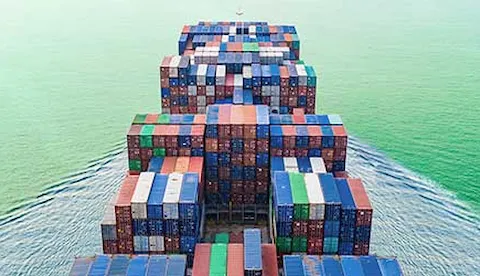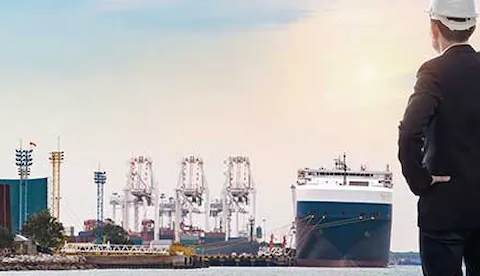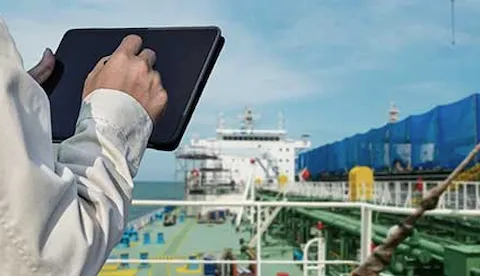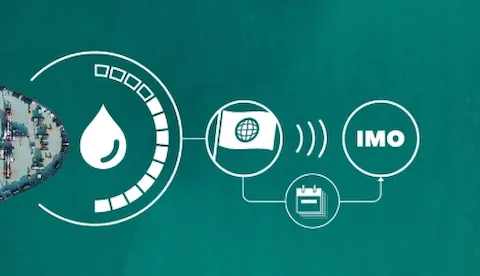IMO REGULATIONS
In July 2023, the IMO revised its greenhouse gas (GHG) reduction strategy aiming to reach net-zero GHG emissions by 2050.
The revised strategy aims to significantly curb GHG emissions in international shipping. The new targets include at least a 20%, striving for 30%, reduction in emissions by 2030 and at least a 70%, striving for 80% reduction by 2040 (compared to 2008 levels) – the ultimate goal being to achieve net-zero emissions by 2050.
The strategy now also addresses life-cycle GHG emissions from shipping, with the overall objectives being to reduce GHG emissions within the boundaries of the energy system of international shipping and to prevent a shift of emissions to other sectors.
To ensure shipping achieves these ambitions, the IMO has decided to implement a set of regulatory measures. The first set of measures, including the Carbon Intensity Indicator (CII) was implemented in 2023. The Net-Zero Framework (NZF) was approved at MEPC 83 in April 2025 and is due for adoption in October 2025, taking effect from 2028.
The decarbonization targets pose challenges for a range of stakeholders: from shipowners, charterers and cargo owners to shipbuilders, designers and engine manufacturers, to fuel suppliers, financers and policy-makers. Reaching these targets will require the application of new and existing technologies, the reduction in sailing speeds and the deployment of large volumes of sustainable zero-carbon or carbon-neutral fuels.
The key to achieving the reduction of emissions is the development, maturation and scale-up of solutions to a level where the cost is acceptable. Regulations should be supplemented by other policy measures and incentives to drive technology development and emissions reductions, while at the same time ensuring the shipping activity is not restricted.
